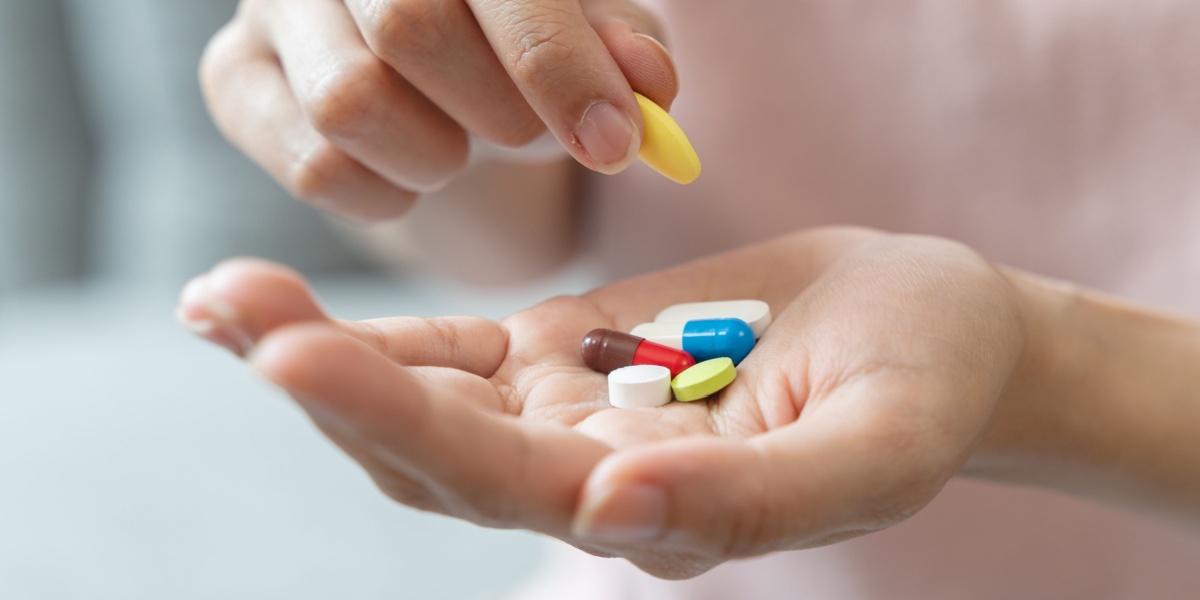Baclofen is a type of muscle relaxant that works directly on the central nervous system (CNS). It acts by mimicking a natural brain chemical called GABA, which helps calm overactive nerve signals. Specifically, baclofen activates GABA-B receptors in the spinal cord and brain, which slows down communication between nerves. This helps reduce muscle stiffness, spasms, and pain caused by conditions like multiple sclerosis or spinal cord injury.
Because baclofen affects the brain and spinal cord, any substance that also impacts the CNS—such as alcohol, opioids, or sedatives—can increase its effects, sometimes to dangerous levels. Additionally, baclofen is mostly cleared from the body by the kidneys. If kidney function is impaired, the drug can build up in the system, increasing the risk of side effects like confusion, drowsiness, or difficulty breathing.
In general, baclofen’s effects can be significantly influenced by other medications, recreational substances/drugs, or even changes in kidney health, which is why it’s essential to use it cautiously and under medical supervision. [1][2]
- Baclofen can dangerously interact with other CNS depressants like alcohol, opioids, and benzodiazepines, leading to respiratory depression and overdose.
- Kidney function plays a key role in baclofen safety, as impaired clearance increases the risk of side effects like confusion, drowsiness, and sedation.
- Disclose all medications and supplements—including over-the-counter and herbal remedies—to your doctor to prevent harmful drug interactions while on baclofen.

Substances to avoid while taking baclofen
Due to the CNS effects and clearance of baclofen, this medication can interact with certain substances and intensify side effects. It's important to understand the specific substances that should be avoided while taking baclofen.
We will explore the top substances to avoid while taking baclofen below.
Alcohol
Alcohol is a CNS depressant, much like baclofen, meaning it also has sedative effects and can alter thinking. Mixing alcohol with baclofen can cause baclofen's sedative and cognitive effects to become stronger.
This can worsen dizziness, drowsiness, and impaired coordination. Even moderate drinking can exacerbate these symptoms, leading to an increased risk of falls and mental clouding. [3]
If you are taking baclofen it is best to avoid alcohol altogether, but especially in high quantities, to reduce the risk of dangerous side effects.
Opioids
Combining baclofen with opioids like hydrocodone, oxycodone, or fentanyl carries a high risk of extreme sedation, respiratory depression, and low blood pressure. It can also lead to coma and death. The CNS depressant effects of baclofen and opioids are additive and sometimes synergistic, meaning when combined, they intensify the side effects of each other. This makes the combination of opioids and baclofen particularly hazardous.
Research suggests combining these medications puts individuals at greater risk of fatal opioid overdoses vs. taking opioids alone. [4] This risk is increased the longer that the combination has been taken together. [4]
Clinical guidelines advise against using opioids with baclofen unless absolutely required, and then only with cautious titration and close monitoring by a medical professional. [5][6]
Benzodiazepines and other muscle relaxants
Combining baclofen with other medications that also suppress central nervous system functioning—like benzodiazepines (such as Xanax, Ativan, or Klonopin), certain sleep aids, or other muscle relaxants—can significantly increase the risk of dangerous side effects. These drugs all work by calming the central nervous system, and when taken together, their sedative effects can stack up. [7]
This can lead to extreme drowsiness, confusion, slowed heart rate, and in severe cases, dangerously reduced breathing. For some people, especially older adults or those with breathing problems like asthma or COPD, this combination could be life-threatening. [7]
Because of these risks, doctors usually recommend avoiding the use of baclofen with these medications unless there is no alternative, and even then, only under close medical supervision.
Prescription, OTC, and herbal supplements
Many over-the-counter (OTC) medications, as well as some herbal supplements, can interact with baclofen in ways that increase side effects or reduce safety. Even though these products are easily accessible, that doesn’t mean they’re always safe to combine with prescription medications.
For example, cough suppressants that contain dextromethorphan (like Robitussin DM or Delsym) can enhance baclofen’s sedative effects. This can lead to excessive drowsiness, dizziness, confusion, and trouble with coordination or clear thinking. [8]
Antihistamines, which are commonly used for allergies or colds, may also increase sedation when taken with baclofen. First-generation antihistamines like diphenhydramine (Benadryl) are particularly known for their drowsiness effects, but even “non-drowsy” options like cetirizine (Zyrtec) can still contribute to central nervous system depression when combined with baclofen. [9]
When it comes to herbal supplements, the picture is less clear. According to the NHS, many herbal products haven’t been thoroughly studied in combination with baclofen. Because of this lack of safety data, healthcare professionals usually recommend avoiding herbal remedies—or at least discussing them in advance—if you're taking baclofen. [10]
Other precautions and lifestyle considerations
- Kidney impairment: Because baclofen is primarily excreted unchanged by the kidneys, dose reductions are important for patients with reduced kidney function.
- Driving and operating machinery: Avoid these activities until you know how baclofen and any co-administered sedatives affect you. Baclofen can make it dangerous to operate heavy machinery, especially if taken alongside other sedative medications.
- Dehydration: Baclofen can lower blood pressure, particularly when combined with diuretics (certain medications that can lower blood pressure). It is crucial to stay hydrated and be cautious when standing rapidly, as this could lead to dangerous drops in blood pressure, leading to blacking out or fainting. [11]
Recognizing and responding to dangerous interactions
Signs of a dangerous drug interaction may include:
- Intense sedation
- Respiratory depression (slowed breathing)
- Low blood pressure
- Difficulty breathing
- Confusion
- Fainting
The combination of baclofen with opioids and benzodiazepines has been linked to coma and death. [6]
Patients experiencing any of the above symptoms should seek immediate emergency medical attention, and all co-administered medications should be evaluated by a healthcare professional.
Consulting your healthcare providers
Due to the potential for serious interactions when taking baclofen, it is essential to fully disclose all substances you use to your healthcare provider before starting treatment. This includes alcohol, recreational drugs, prescription and over-the-counter (OTC) medications, and herbal supplements, as all can potentially interact with baclofen.
You should also inform your doctor of any history of kidney disease, psychiatric conditions, seizure disorders, or respiratory issues, as these factors can affect the safety and dosing of the medication.
Monitoring and reporting side effects
You should be on the lookout for side effects such as changes in blood pressure, new dizziness, breathing difficulties, mental status changes, or unexplained falls. It is crucial to notify your healthcare provider if you notice new or worsening side effects. Regular follow-up—especially during medication changes—is vital.



-guide-detail.jpg?v=1722501965)
-guide-detail.jpg?v=1739966486)